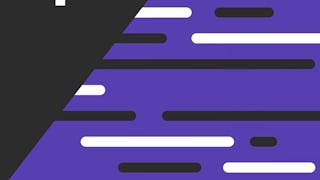Updated in May 2025.
This course now features Coursera Coach! A smarter way to learn with interactive, real-time conversations that help you test your knowledge, challenge assumptions, and deepen your understanding as you progress through the course. Discover the cutting-edge features of Java 21 and unlock new development possibilities in 2024. This course offers an in-depth exploration of the latest Java Enhancement Proposals (JEPs), including advanced programming constructs, performance optimizations, and enhanced concurrency management. By the end, you’ll have a robust understanding of Java 21’s transformative capabilities. Starting with an overview of Java 21 and prerequisites, you’ll set up your development environment on both Windows and macOS, optimizing your IDE for efficient coding. From there, you’ll dive into Java 21’s innovations such as unnamed classes, enhanced pattern matching, and record patterns. With practical hands-on exercises, you’ll solidify these concepts through direct application. The course further delves into advanced topics like the Vector API, scoped values, virtual threads, and structured concurrency. You’ll also explore memory management enhancements with Generational ZGC, cryptographic advancements via Key Encapsulation Mechanisms (KEM), and native library integration through the Foreign Function and Memory API. Designed for Java developers seeking to elevate their skills, this course is ideal for professionals familiar with Java 17 or earlier versions. A basic understanding of Java fundamentals is recommended to fully benefit from this intermediate-level course.















